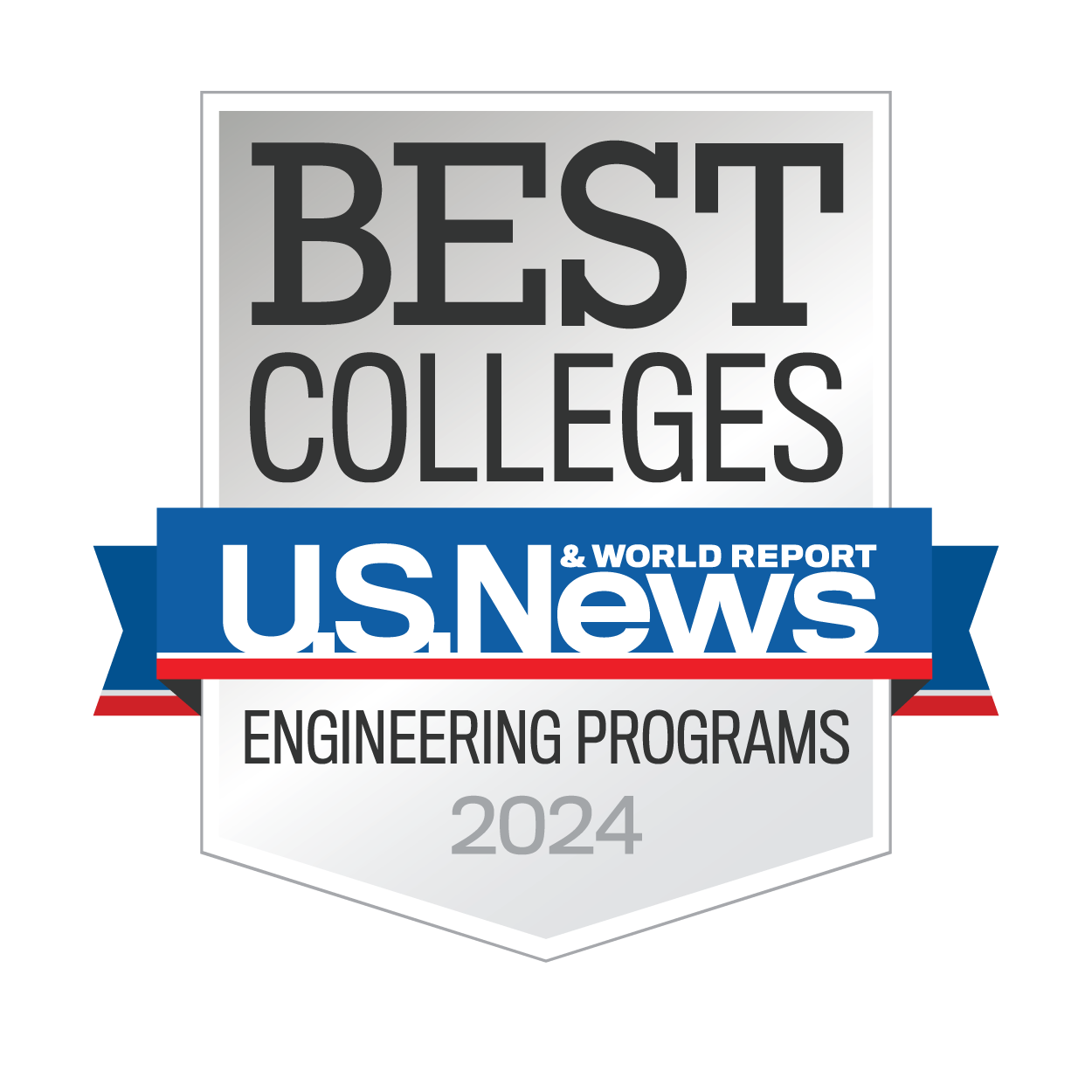About this Program
The Electronic Engineering Technology program is designed to prepare students for interesting and challenging positions in the diverse field of electronics. The curriculum provides a strong foundation in electronics to support future changes in technology or the career roles of the individual. The graduate may find employment on engineering teams in product design and development, in production and automation, in instrumentation and communications, or in technical sales and operations.
The Engineering Technology curriculum is based on engineering theory but emphasis is placed on application, implementation skills. The Engineering Technology curriculum includes the University General Studies, the Engineering Technology core and courses in the EET or MET concentration. With a common ET core, a student may investigate career options and personal preferences at the beginning of their studies, and change between majors without loss of credits toward program completion.
Mission Statement
The mission of the Electronics Engineering Technology (EET) program at Eastern Michigan University is to provide a high-quality, application-oriented education which develops future professionals who will improve the design and development of existing and new technologies. The goal of the program is to provide college graduates with the skills needed to successfully enter the workforce, the potential to grow with the needs of the advancement of technology, and to educate future leaders in the profession. The faculty in the program are committed to providing service and leadership in the promotion and advancement of the educational goals of the University.
Program Educational Objectives
Program educational outcomes: The educational objectives of the Electronics Engineering Technology program are:
- PEO 1: Graduates of the EET program will exhibit viable critical thinking aptitude identified with electronic engineering technology problems.
- PEO 2: Graduates of the EET program will procure the expertise and information to effectively gain employment.
- PEO 3: Graduates of the EET program will have the skills to communicate effectively, participate in teams, and exhibit ethical behavior.
- PEO 4: Graduates of the EET program will learn to adjust to the changes in industry.
Electronic Engineering Technology Industry Advisory Board
The EET Industry Advisory Board (IAB) is a major constituent to the EET Program. Members of the IAB meet annually with EET faculty and students to review program success and progress. Members of the IAB are volunteers from related industry and are integral part of EET program planning team. During annual IAB meetings, the EET program faculty present initiatives and annual assessment outcomes of the program. The EET program also benefits from IAB members feedback on current field needs in EET graduates. After the ABET visit in October 1, 2018, a need to revise EET PEO’s was identified. The EET program faculty, with input from IAB, students and alumni, revised the PEO’s to become more program specific. The revised PEO’s were presented in their final form to our IAB. The members of IAB voted unanimously to approve the revised PEO’s. The PEO’s are:
- PEO 1: Graduates of the EET program will exhibit viable critical thinking aptitude identified with electronic engineering technology problems.
- PEO 2: Graduates of the EET program will procure the expertise and information to effectively gain employment.
- PEO 3: Graduates of the EET program will have the skills to communicate effectively, participate in teams, and exhibit ethical behavior.
- PEO 4: Graduates of the EET program will learn to adjust to the changes in industry.
At a Glance
- Number of credits: 85–86
- Time to complete: four years on average
Catalog
Resources

Accredited by the Engineering Technology Accreditation Commission of ABET.
Jamal Bari, Ph.D.
Coordinator, Electronic Engineering Technology
School of Engineering Technology
111J Sill Hall
734.487.3108 | [email protected]
- Call: 734.487.2040
- Office: 111 Sill Hall, Ypsilanti, MI 48197

